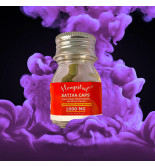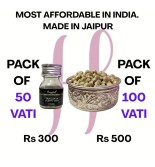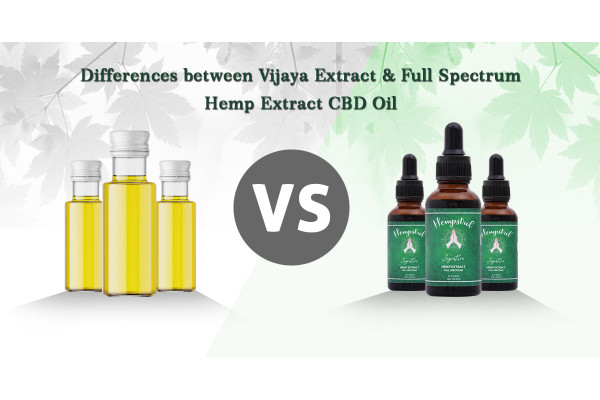Recommended Methods For The Identification And Analysis Of CBD Oil Products In India
Cannabidiol (CBD) oil has developed as a trendy wellness trend in India and around the world. CBD, which is extracted from hemp, a type of Cannabis sativa plant, has the potential to provide advantages without the euphoric effects associated with marijuana. However, increased availability presents the difficulty of assuring product quality. This article discusses recommended ways for recognizing and analyzing cbd oil products in India, allowing you to make informed decisions.
 (1).jpg)
Understanding the Need for Analysis
The CBD oil market in India is still in its early stages. Regulations are still being developed, and sadly, some unscrupulous businesses may provide products with deceptive information or variable quality. Analyzing your CBD oil helps guarantee you're receiving what you pay for, especially in terms of:
CBD Concentration: The level of CBD in the oil is critical. Reputable brands provide products with a realistic portrayal of CBD content.
THC presence: While legal hemp-derived cbd oil products in India has very low quantities of THC (usually less than 0.3% in India), various analysis methods can identify its presence in order to verify compliance and avoid psychotropic effects.
Contaminants: Pesticides, heavy metals, and solvents are all possible contaminants found during cultivation or processing. Analysis aids in the identification and avoidance of these dangerous compounds.
.jpg)
Additional Considerations for Analysis
While the approaches described above provide useful information, some additional aspects to consider include:
Cost: The cost of analysis varies based on the method and laboratory you choose. Before moving forward, consider your options and compare prices.
Sample Preparation: Proper sample preparation is required for proper analysis. Please follow any particular instructions supplied by the testing laboratory regarding sample size and preparation methods.
Lab Accreditation: Select a trustworthy laboratory with adequate accreditation to ensure consistent and accurate results. Look for laboratories that have received accreditation from organisations such as India's National Accreditation Board for Testing and Calibration Laboratories (NABL).
.jpg)
Interpreting Your Analytical Results
When you obtain your analysis report, it is critical that you grasp the findings. Search for clear information about:
CBD Concentration: The report should include the measured amount of CBD per unit volume (e.g., mg/mL). Compare this value to the amount advertised on the product label.
THC Concentration: Make sure the report indicates that the THC level is within the legal limit in India (usually less than 0.3%).
Contaminants: Any found contaminants should be listed in the report, along with their amounts. Ideally, no dangerous compounds should exist.
Finding a reputable laboratory
Several labs in India provide CBD oil analysis services. Here are some suggestions for locating a reputable one:
Accreditation: Look for laboratories that are accredited by NABL or other recognised organisations. Choose a laboratory that has experience analysing CBD products.
Turnaround Time: Consider how long it takes for the laboratory to finish the analysis and provide results.
Cost: Compare prices from several laboratories to discover the most cost-effective alternative.
Conclusion
Having access to correct information about your CBD oil product is critical for responsible use. By using recommended analysis procedures, you can ensure the quality and safety of the oil you use. Remember that reputable brands will gladly provide third-party laboratory reports for their items. This article emphasizes the necessity of taking charge of your health by actively seeking out analysis and learning the true composition of your CBD oil before you buy cannabidiol oil in India. By combining information and responsible sourcing, you can make more informed decisions about including CBD oil into your health routine.
















%20(1)-600x450.jpg)





